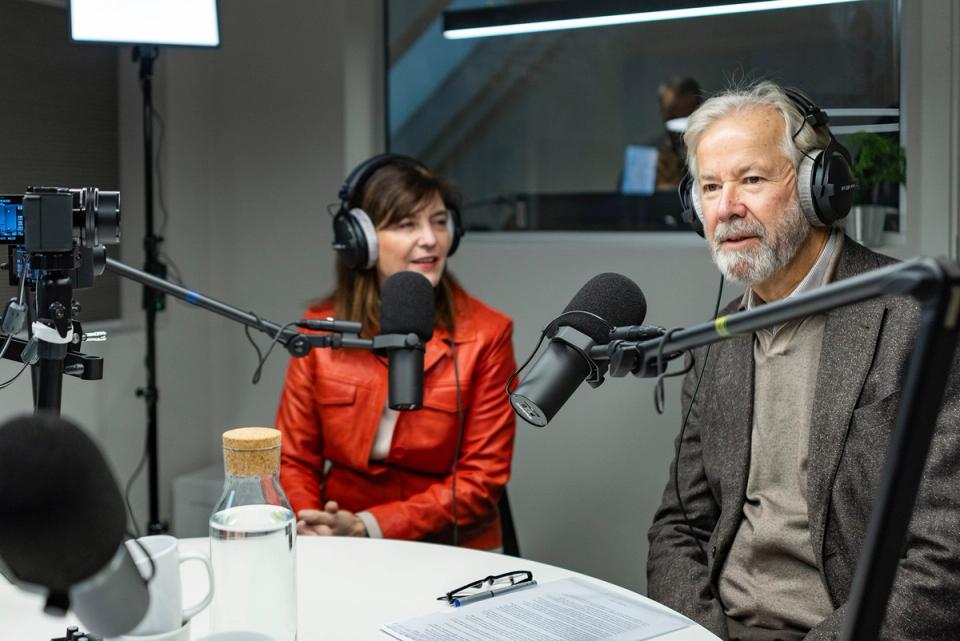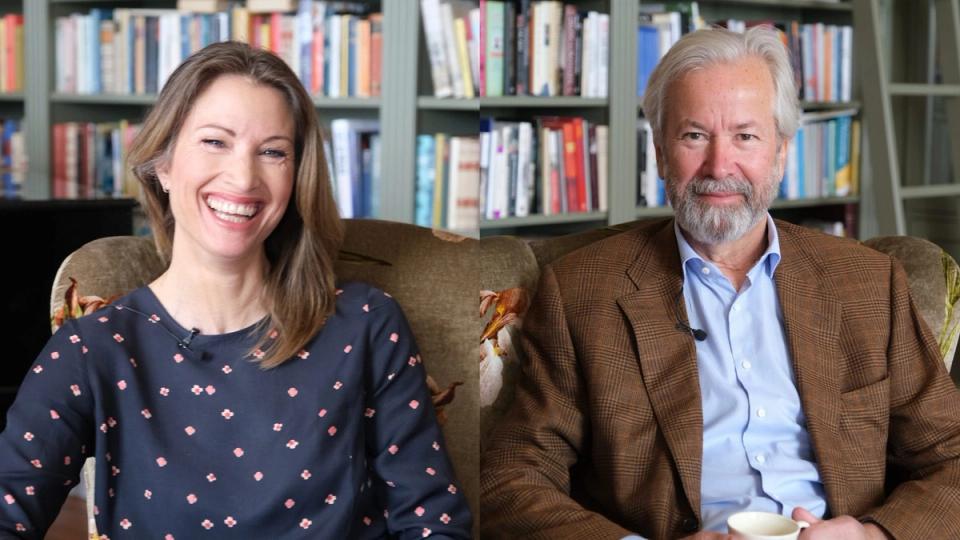19. februar 2018
Rethinking The Role Of News

It’s a challenging time for news media. But how can news become the role of leader again? We often misunderstand […]
It’s a challenging time for news media. But how can news become the role of leader again?
We often misunderstand how the internet has destroyed news media. We presume that giving away content for free was the main issue. That the digital advertising cents, that replaced print advertising dollars, removed all the money for quality journalism. But it’s more than that. The greatest changes from the digitization of content is that the role of the bundler is now dead. We consume news at the article level. We delve directly into articles we love. It’s extracted more than just money from the industry. It’s removed trust and changed the roles within the industry.
A new relationship
There was once a lot of responsibility in the provision of news. There was an ongoing symbiotic relationship to be maintained. A newspaper was like a mother. It would provide a long-term sustainable diet of what was good for us and what was bad for us, but that we craved. A good editor would maintain this balance; keep sales high, advertisers happy, appeal to our primal desires and make both subscribers and irregular readers come back for more.
Then the Internet allowed us to pay for news with attention, and not subscriptions. We were given quick hits and cheap stories as a consequence of what content advertisers could support online. At the same time social media rose to own the customer interfaces and monetized other’s news content with their own customer data. The industry’s data, relationships, and profit moved from content providers to platforms. But not the responsibility.
The media is no longer the only player providing news, and thus the relationship between readers and providers have loosened.
One of the questions I dread the most is being asked what publications I read. It’s not that embarrassment comes from the amount or type of content I consume. It’s that I have to admit being ignorant to where it’s hosted, who made it or how I got to it. My relationship has firmly moved away from the curator and bundler of material, to the subject matter, the author, or the sharer. It’s the same with music, TV and retail. I like the singles I like, watch the shows I like and buy the brands I want. How content and things get to me is deeply interesting to these industries, but irrelevant to me as a consumer.
Fighting back
So how should news media fight back? I don’t think we can put the horse back in the stable. A key tonal change has to be ambition. The industry is haunted by the early assumption that “people won’t pay for news online”. It changed our attitude from one of collective ambition; to make the most of a whole new world of opportunities, to one of conservatism; how little can we host online, and how cheaply can we make it.
We are unlikely to retrain a world to buy newspapers, to revisit home pages, or to navigate bundled content in apps.
We keep thinking technology will save news media, that Virtual Reality will make richer stories, that personalization will serve more stuff to more people. But the industry can’t wait for Facebook’s algorithms and whatever Twitter becomes to save news from diminishing.
Above all else the industry needs to be in control of its own destiny. It needs to rebuild its distribution, it’s trust and the role it plays in the world.
A basic approach
We need a basic approach. We need to turn the vicious circle that loosened the relationship between readers and news providers the other way. News media need to work around modern reader needs and make a long-term, fair, and two-way relationships. More than anything else, everything needs to be routed in the idea that quality news matters.
The solution has several aspects:
- Easy paywalls: Make sign-up processes insanely fast and easy, make pricing transparent, be clear and almost boastful about how much access is worth. Then ensure we never ever have to sign in again. There is nothing more annoying than signing in. The main cost of paywalls isn’t found on our credit card statement, but in the mental burden. Sign-up processes are a mixture of nonsensical Kafkaesque pricing tiers that make no sense, of hidden special offers, of short time sign-up deals. It’s an indescribably bad way to start any relationship.
- Bundles: Offer glimpses of the amazing content and make it easy for people to pay. The most often solution is micropayments, but not only are all solutions still oddly inelegant – they still promote shortermist relationships. I’d never subscribe to CNN and BBC World, Sky TV and i24news, but I’d take a bundle. In the same way I’ll pay $10 for Spotify streaming, but never to Island Records and EMI and Blue Note, publications need to form alliances. I’d pay a fortune to access the top 10 newspapers, top 10 magazines, and I’d be there for the long run.
- Patronage: Patreon is an interesting relatively new website based on the idea that quality content makers can seek direct donations for their work. It is based on the idea of patrons of the art, that makers should be struggling for their art and consumers must act generously against self-interest. The guardian in the UK has tried donations, but a paywall seems more sensible. Yet for niche and ultra-niche quality writers this approach seems interesting. Monthly newsletters are far preferable to ad-ruined websites.
- Role: Leverage trust. Use what you stand for and try to be bigger. Build and sell vastly costly conferences. Set up speaking bureaus for your best writers, offer white papers, sell books and magazines. More than anything else news providers need to rise about the turmoil and dirt of today. Stop ramming ads down people’s throats. Stop offering content marketing passing as editorial content. Stop hawking products you make more money from selling. It will eat away the key for a good relationship; trust.
For news media to become the role of leader again, the industry must see the Internet as an enabler.
The way to combat the spiral of decline isn’t to go small and cheap. It’s to declare and communicate intent. People need and demand great content, so news media need to rise to the challenge.
Let’s escape the grubby world of ad tech, retargeting, data arbitrage and provide clear and consistent value. Let’s gather as an industry to work with each other, not in collusion, but to accept that large technology companies to some extent take advantage of our relative size and power.
To know people’s attention span, knowledge, and beliefs are the most valuable thing in the world. By stepping up news media can reclaim the unique right to help shape those.
The media have an active audience who needs news – and have the money to pay for it.
Short about the author:
Tom Goodwin is the New York-based executive vice president and head of innovation at Zenith Media. A self-styled industry provocateur and commentator on the future of marketing and business. Goodwin is ranged by several media companies, eg. TechCrunch, as one of the most influential voice in social media.
What is “Tinius Talks”? Tinius Talks are articles, videos or debates by specialists on the future of journalism, fair tax policies and ethics in algorithms – shared by the Tinius Trust once a month throughout 2018.



